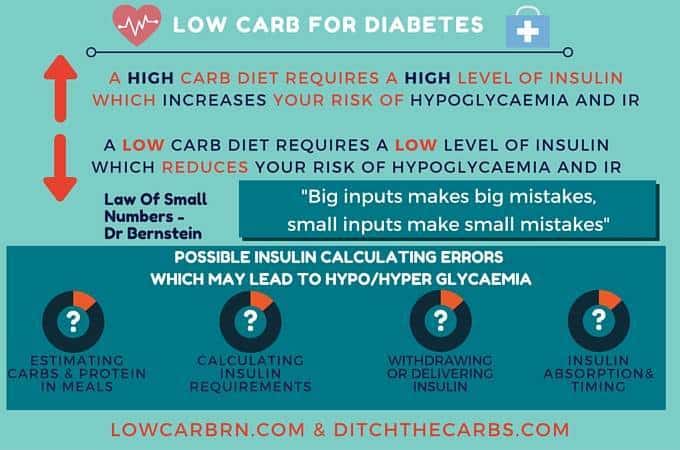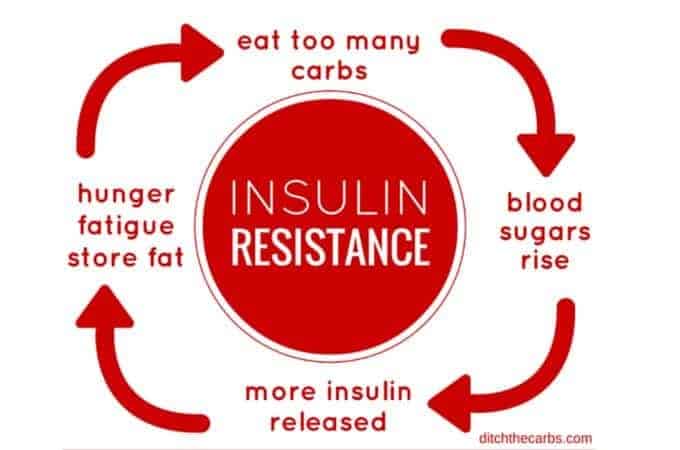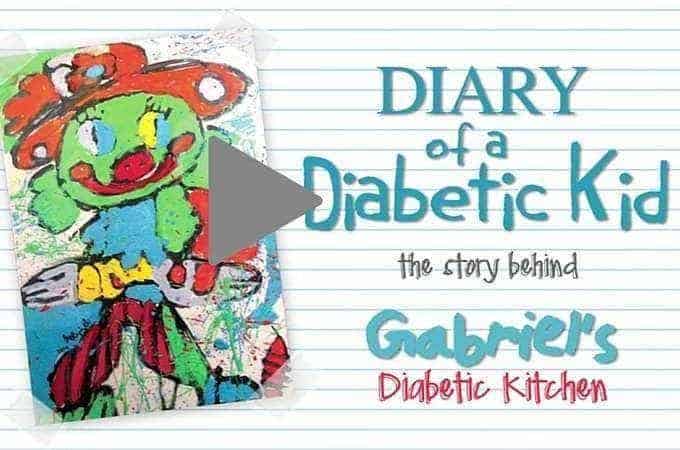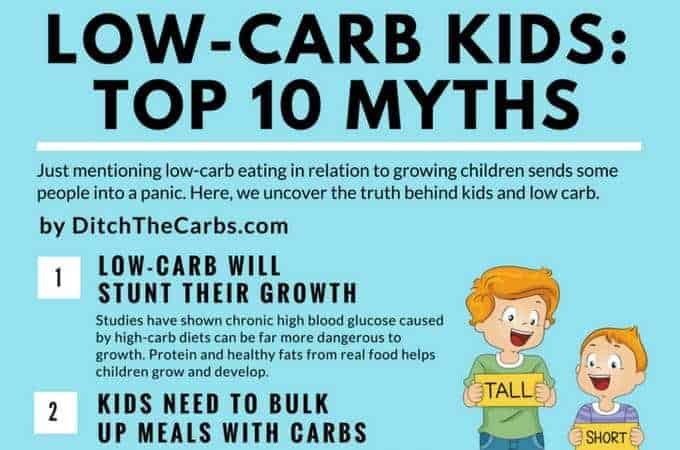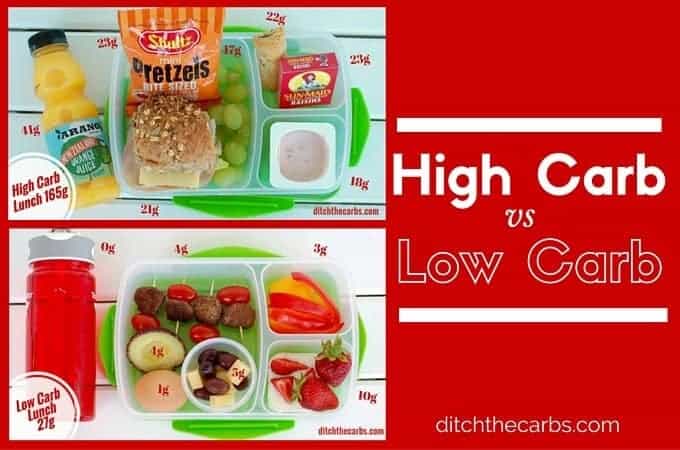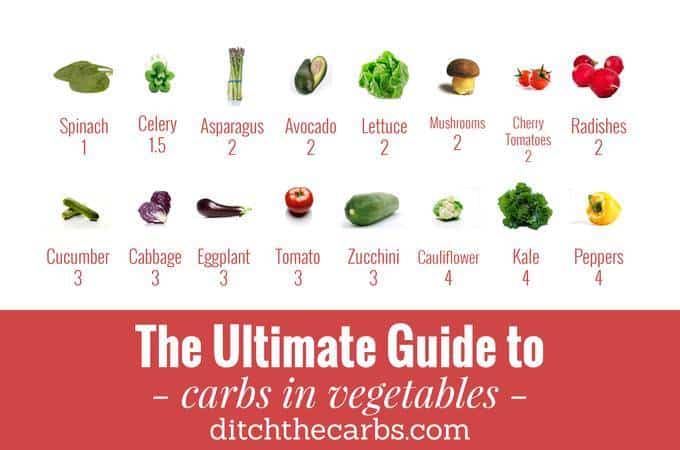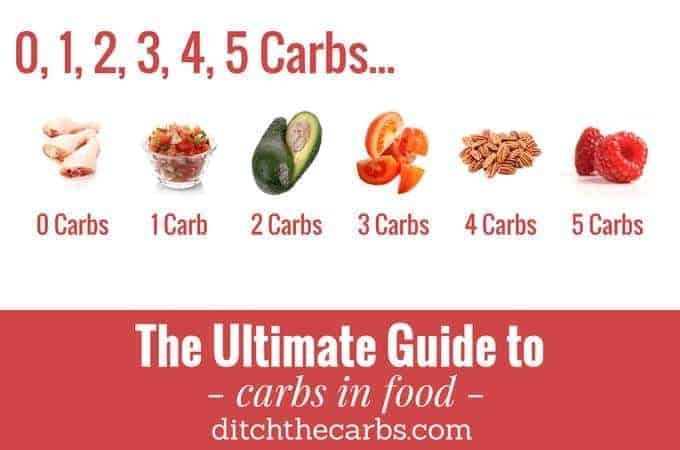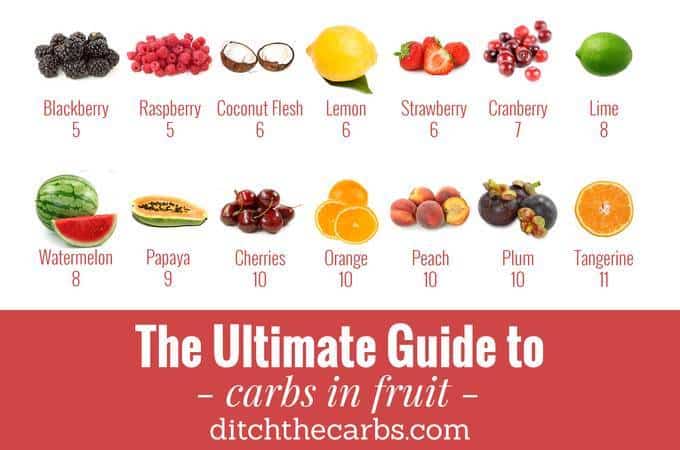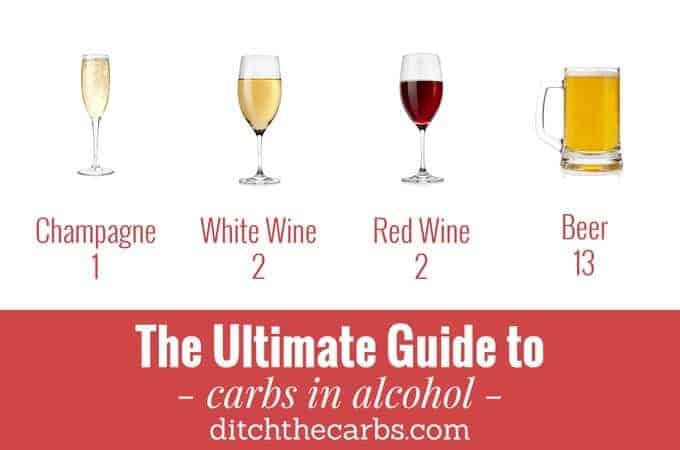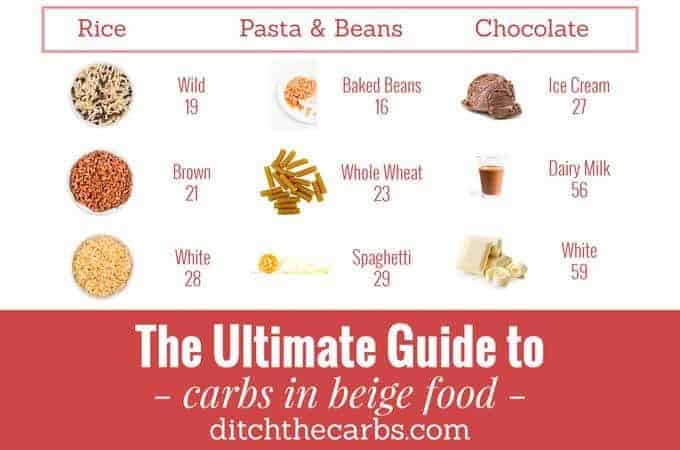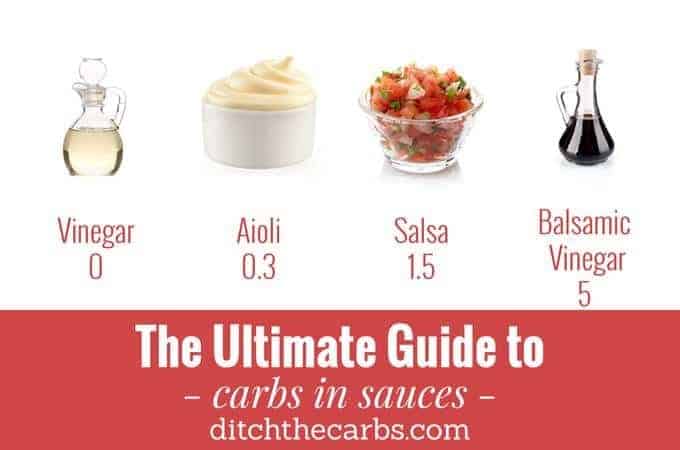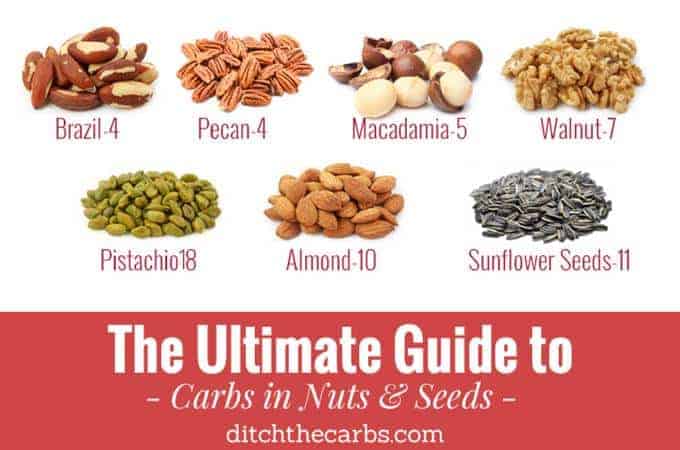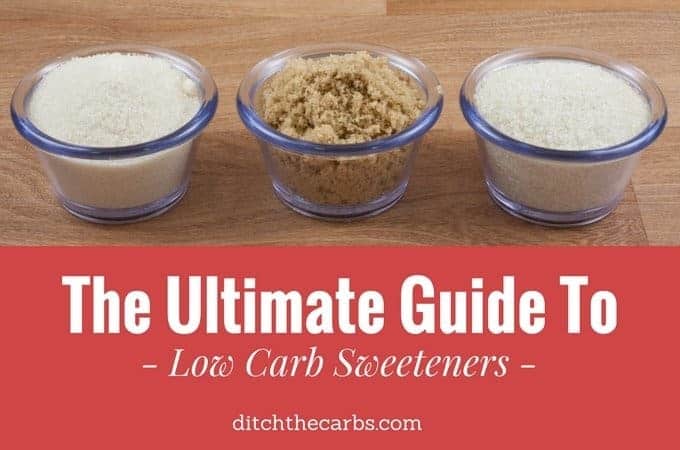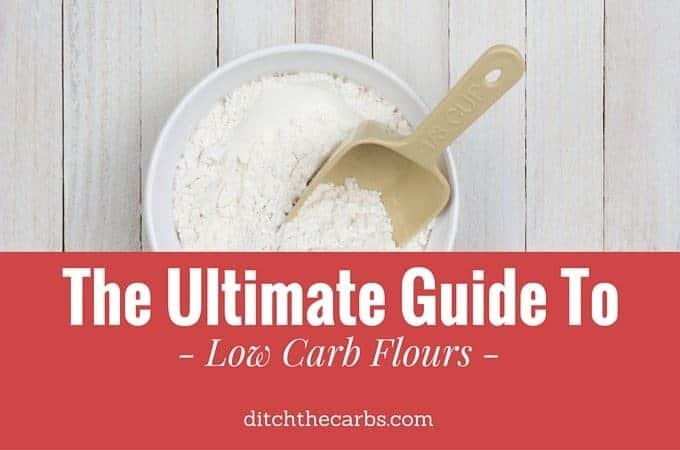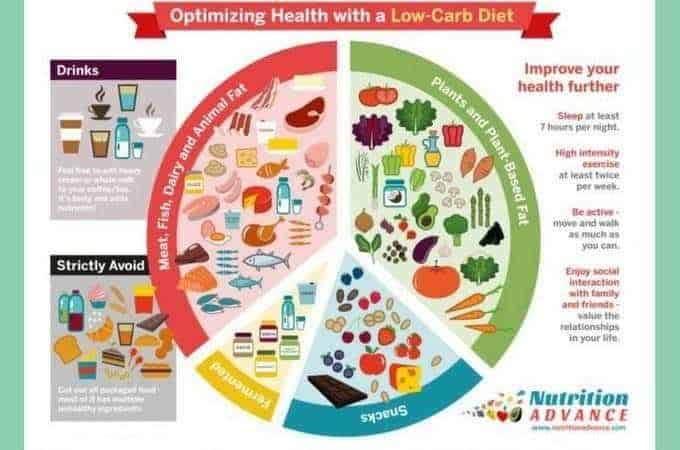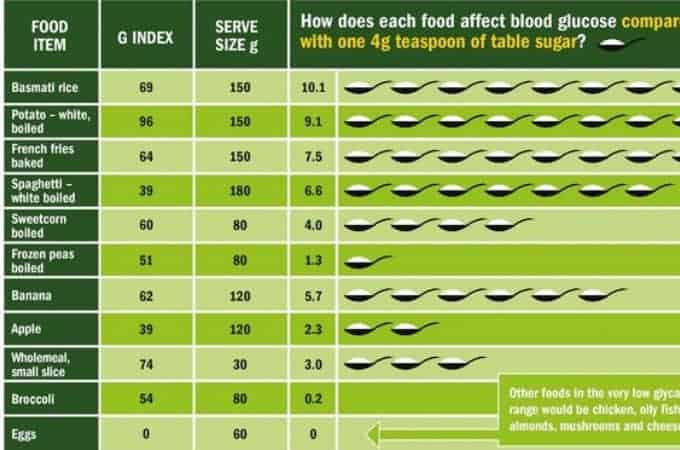MEDICAL NEWS & HEADLINES
Latest Medical News And Headlines
The good, the bad and the ugly of medical news and headlines. What's the truth behind the medical headlines? What's the breaking news this week?
Before you begin reading some of the more controversial headlines, take a few minutes to watch this video and learn the shocking truth behind the Top 5 Nutrition Headline.
Will butter give us heart disease? Will bacon cause cancer? Is a low-carb diet going to shorten your life?
3 Top Tips To Dissect The Nutrition Headlines
- Is it real? - Is the headline even real? Do the nutrition headlines truly reflect the ACTUAL science? What are the confounding factors? Are they actually low-carb? What else were they eating/drinking? Did one group have a higher percentage of smokers, Type 2 diabetics or other factors which affected the results?
- How big is the effect? Relative risk is meaningless unless we know the absolute prevalence. Eg: if there is a 40% risk of cancer but the prevalence is 2 people in 1000, increased by 40% = 2.8 people per 1000. But if the prevalence was 400 in 1000, increased by 40% = 560 which is a huge effect.
- Is it worth it? Now you know the risk/benefit and prevalence, then you can make an informed choice – is it worth it in your situation. The risk may be high (death) or low (may simply increase your relative risk) versus benefit or quality of life.
Recommended Reading
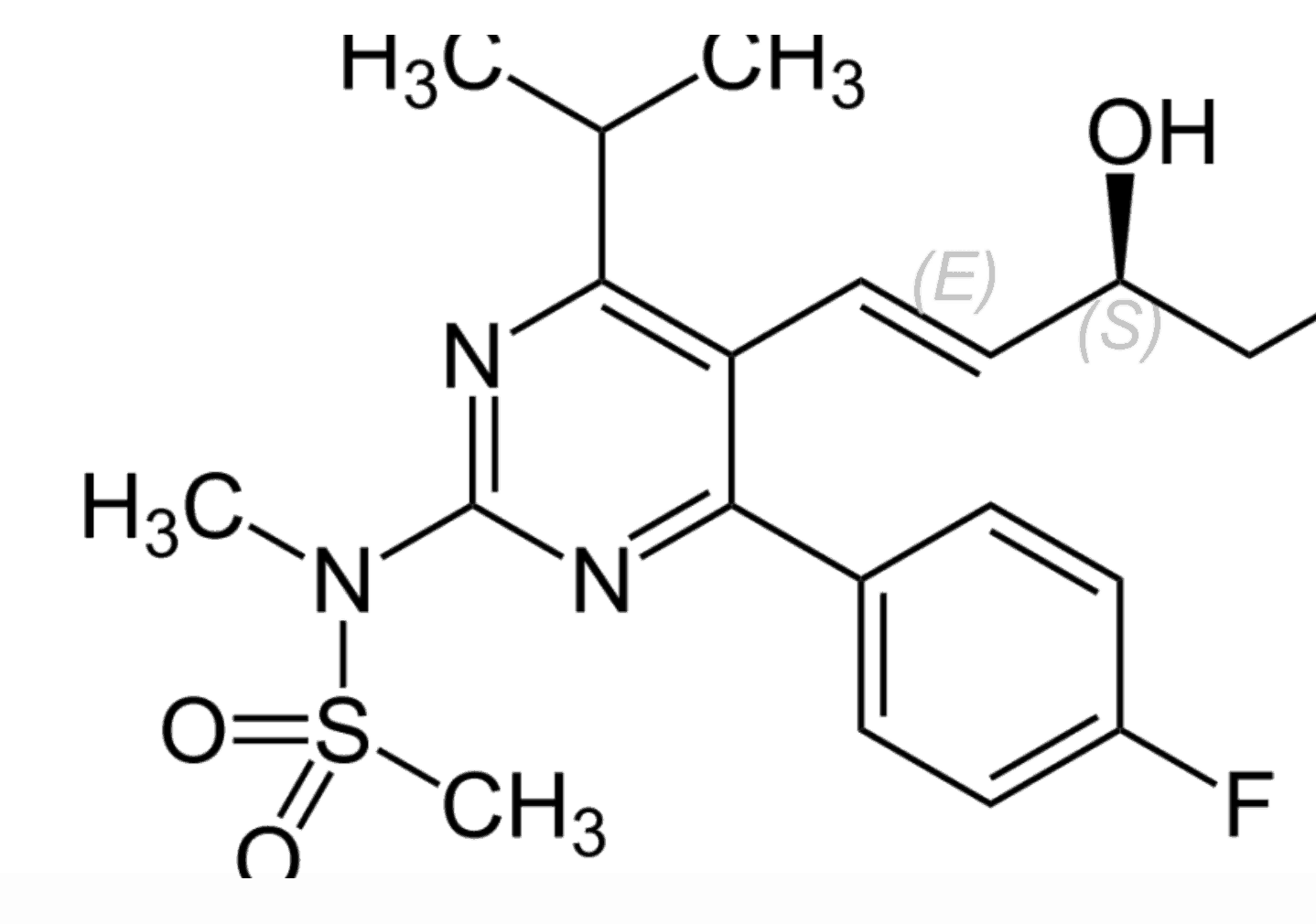
European Scientist -
Do statins really work? Who benefits? Who has the power to cover up the side effects?
Why It’s now time for a full public parliamentary inquiry into the controversial drug and fully expose the great cholesterol and statin con

Daily Mail UK -
The 7 rules to beat the bulge: NHS diabetes expert reveals his secrets to eating your way to a healthier life - Dr David Unwin
"A few weeks ago, I rang a patient to congratulate him as the latest in my care (the 66th!) who’s reversed type 2 diabetes and come off diabetes medication by going low-carb. It was a joyous moment for him — and for me."

Independent.ie -
Here's the plan: I'll tell you how to lose weight and keep it off forever - Dr Zoe Harcombe
Know what works, and know what doesn't work. FYI... Insulin and glucagon: meet the fat makers - and the fat breakers.

The Otago Daily Times NZ -
Govt adviser takes aim at chocolate fundraising
Prof Schofield said the fact some schools sent children home with 60 chocolate bars for their families to sell showed there remained a "systemic failure" in attitudes towards food.

The Guardian UK -
Why modern medicine is a major threat to public health - Dr Aseem Malhotra
"Most patients will derive no health improvement from medication. We should tackle the root causes of disease instead"
AMAZON DISCLOSURE: We participate in the Amazon Services, LLC. Associates Program, an affiliate advertising program designed to provide a means for sites to earn advertising fees by advertising and linking to Amazon properties. There is no additional cost to you. This website may contain additional affiliate links, that earn a small commission, at no cost to you.
Copyright 2023 Low-Carb Practitioners all rights reserved.












